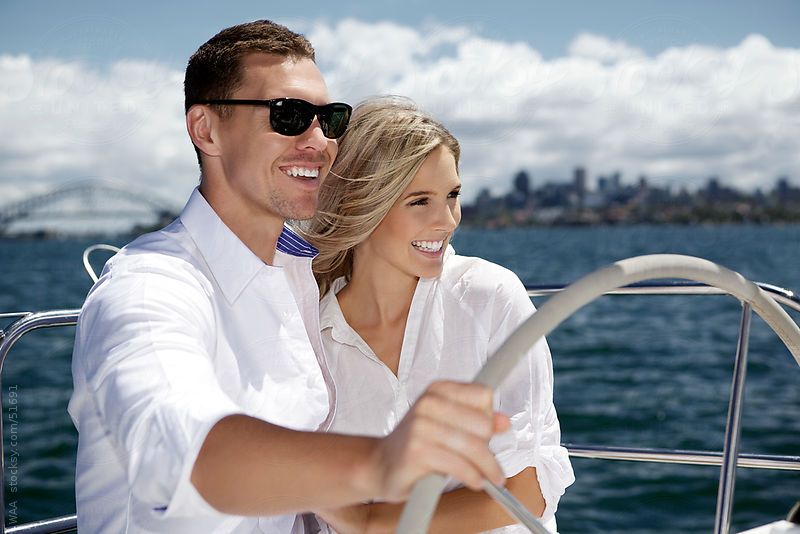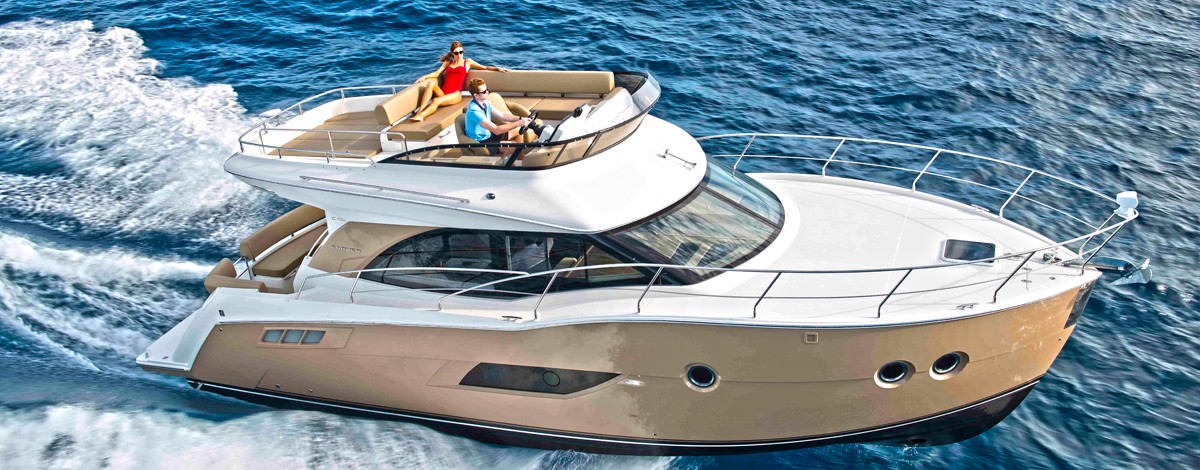Younger demographics are future targets for the sailboat industry, but there are shoals ahead
One of the highlights of the Miami boat show for those in the sailboat industry is The Sailing Market STATE OF THE INDUSTRY presentation by Sally Helme, Group Publisher of Cruising World and Sailing World, the sailing brands of Bonnier Corp.’ s marine group.
This year’s presentation included a segment on Marketing Intel which featured statistics taken from the IPSOS Mendelson Affluent Survey 2013 that compared Affluent Millennials to Affluent Boomers.
The segment started by identifying the 2013 participation by Affluent Adults (those with household incomes in excess of $100k) in six different affluent recreation choices:
- 1.9 million sailors
- 7.1 million power boaters
- 13.1 million golfers
- 6.9 million snow skiers/boarders
- 6.7 million tennis players
The presentation acknowledged that the sailing’s active customers are Boomers and that its target customers are Millennials. Overall there are some 82 million Millennials versus around 77 million Boomers, but there are only 12.6 million Affluent Millennials versus 24.2 million Affluent Boomers. This is where the shoals might be.
Purchasing Behavior of Millennials
The large gap between the two cohorts will probably be narrowed when Millennials hit their peak earning years. This will begin to happen in 2020 according to Pam Danziger, President, Unity Marketing, a provider of insights into the mind of the affluent consumer. She says “In 2020, the Millennial generation will begin to reach their peak earning years, with the wealthiest of this generation entering a “window of affluence” that will last for two decades”. Her research points out that Millennials are different from previous generations of luxury consumers in four important ways.
Millennials will reject their parents’ status symbols: Millennials find status in their achievements rather than their purchases. Unity’s research found that they are far more satisfied by earning a degree or completing an athletic event than they are by status symbols available for purchase. What will it mean when Millennials are more interested in a $500 Ironman triathlon watch to mark their achievement rather than a $5,000 brand name piece?
Millennials will trade money for time, so they will have less to spend on luxury: Aston Kutcher told Esquire magazine that “true luxury is being able to own your time,” and Millennials agree. Unlike prior generations of affluents who competed to see who could be the first into the office in the morning and the last to leave at night, Millennials are willing to slow their career progress and their earnings in order to enjoy the time they have now. But this sacrifice of money for time means that their discretionary dollars will be scarce.
Millennials will shift from conspicuous to conscious consumption guided by values: Social, environmental, and ethical values will guide Millennials’ purchase decisions, a characteristic already seen in their rent-rather-than-buy attitudes. Why buy a car when Zipcar will get you where you want to go without the hassles of car payments and maintenance? Why buy an expensive dress you’ll only wear once, when RentTheRunway.com lets you borrow designer-brand fashion for a ‘one night stand?’
Millennials see “luxury” as a marketer’s label: Millennials are savvy to marketing, and they perceive the term “luxury” as another tool to entice them to buy rather than a descriptive adjective that conveys something important about the product or service. Affluent Millennials will key in on products that help them live the lives they want, rather than looking for luxury or status as traditionally defined.
So the question is… will the industry (sailing or power boat) be ready to appeal to affluent Millennials as they hit their peak earning years?





